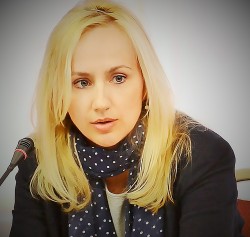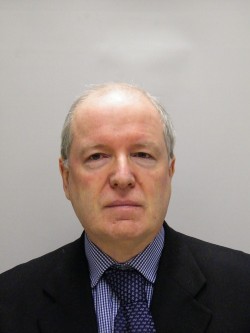Session 3: Here to Stay? The Rise of Inequality and Persistence of Poverty
In recent years income inequality has emerged as a political issue par excellence. Piketty’s history of wealth and income inequality in Europe and the United States Capital in the Twenty-First Century has helped fuel the debate. In the words of the UN Secretary General, “as inequalities widen, the social fabric of our societies is both stretched and strained; this often leads to a downward spiral of economic and social uncertainty and (…) unrest”. The US President warned how the American income gap has become “the defining challenge of our time” and a “fundamental threat.” Finally, the World Economic Forum ranked rising income inequality as the world’s top priority for 2015.
Income inequality is related, or leads to a state of relative deprivation, which has an impact on political behavior and security. People compare their situation to that enjoyed by other individuals or groups; there is, after all, a rising global middle class which is more aware of the wealth and consumption habits of the middle classes in more developed countries. These people are aware of their predicament and feel deprived, and ultimately frustrated. History teaches us how extremists of all kinds are always quick to tap in on frustration.
In the words of Brenda Seaver, there are four security implications of this perception of inequality: (1) the migration crisis; (2) a permissive environment for transnational organized crime; (3) the rising challenges to global order; and (4) the facilitation of recruitment for extremist (in her words: terrorist) groups.
In this regard, the EU finds itself in a paradoxical situation. Long seen as an island of political stability and economic progress, in the aftermath of the Eurozone crisis and especially, Greece’s sovereign debt crisis, the EU has faced income inequality, depravity and poverty unimagined just a decade ago. How it responds to this challenge will be carefully watched by countries around the globe. In inequality we find the foundation of most current ideological divide.
Discussion topics:
1. What are the key drivers of inequality and poverty today?
2. Are societies of great inequality failed states of the future?
3. Can Europe provide sustainable solutions, within a model that is globally applicable?
Speakers:
Milica Uvalić‚ Professor, Faculty of Political Sciences, University of Perugia, Italy
William Bartlett‚ Associate Professorial Research Fellow, European Institute, London School of Economics and Political Science
Tobias Flessenkemper‚ Senior Associate Researcher am Centre International de Formation Européenne (CIFE)
Moderator: Jelena Žarković Rakić‚ Director, Foundation for the Advancement of Economics (FREN), Belgrade, Serbia




